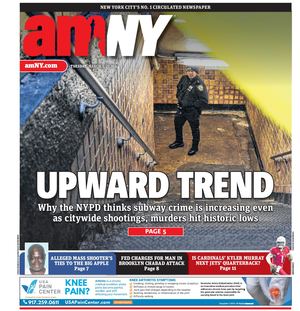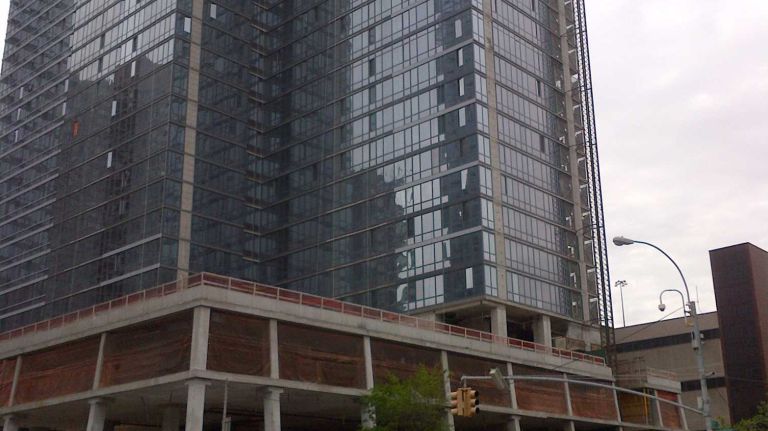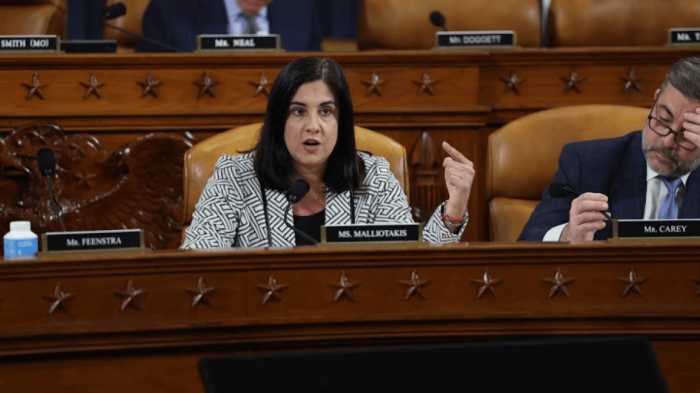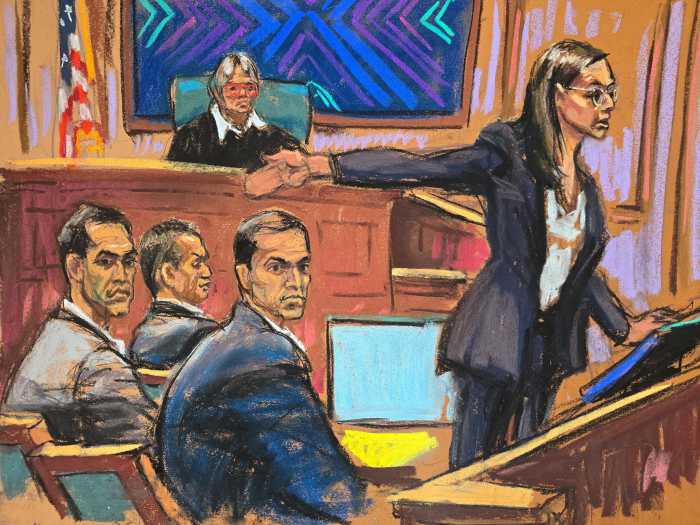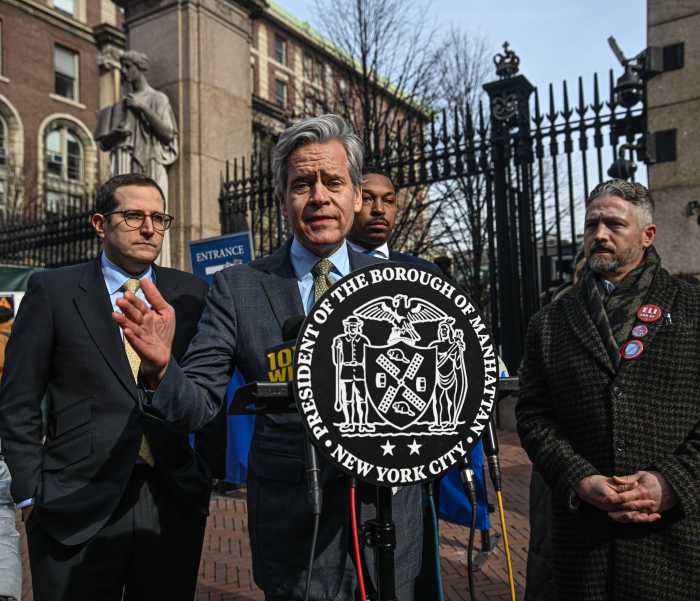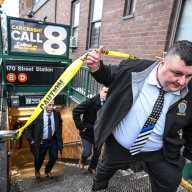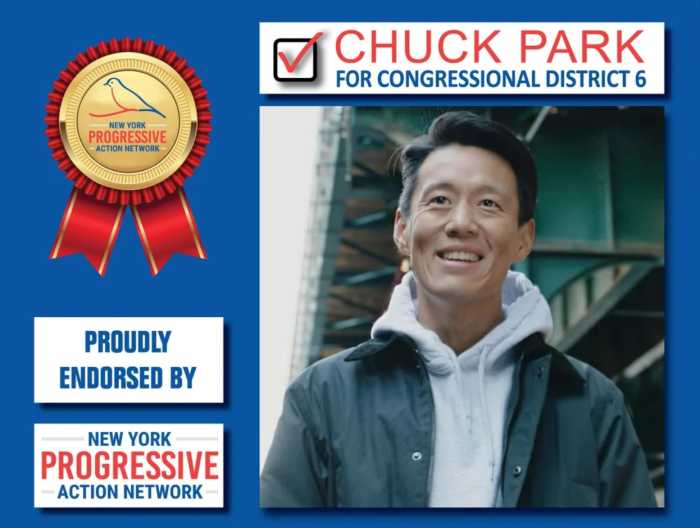
After eight days in limbo, Albany lawmakers finally reached the framework of an agreement over the renewal of the state’s rent stabilization laws Tuesday.
Although the laws that govern nearly 986,000 rent stabilized units in the city are tentatively renewed for another four years, some housing advocates are unhappy that the state Legislature didn’t take more action toward closing loopholes that prevent the apartments from remaining rent regulated.
“This deal was a slap in the face of tenants,” said Jose Lopez, lead organizer at the nonprofit Make the Road New York.
Gov. Andrew Cuomo said the renewed rent laws will have an increased decontrol threshold for vacant rent stabilized units, which is the point where landlords can put them on the open market. Currently, the threshold is $2,500 a month and the price would increase, according to Cuomo.
“Before 2011, you should know, the pattern was to roll back rent protections every time there was a sunset. In 2011, we changed that pattern, actually increasing them, and this is the second time rent protections will actually be increased,” he said.
The deal also increased the Major Capital Improvement amortization period, which would reduce the overall increase in rent for the units. The 421-a program, which gives developers tax breaks if they offer affordable housing units, was also extended by six months.
Advocates said they were disappointed the renewed laws didn’t close loopholes surrounding vacancy deregulation and other areas that caused 35,000 apartments to be deregulated over the past four years.
Lopez said the vacancy threshold would only go up $200 this year, which wasn’t enough to give concerned tenants reassurance that their homes would be secure. “Tenants were very loud and clear to end vacancy deregulation. We would have needed to see a huge increase in the threshold in order for it to be acceptable,” he said.
Katie Goldstein, a leader of the Alliance for Tenant Power, a coalition of affordable housing rights groups, said the city could lose up to 100,000 homes over the next four years. “This four-year extender does nothing to empower tenants. In fact, it leaves the most vulnerable even more susceptible to landlord harassment and skyrocketing rents,” she said in a statement.
Building owners pushed Albany to loosen the regulations because they have to deal with high property taxes and other costs.
Frank Ricci, director of government affairs for the Rent Stabilization Association, said he wouldn’t comment about the agreement until he received more details.
